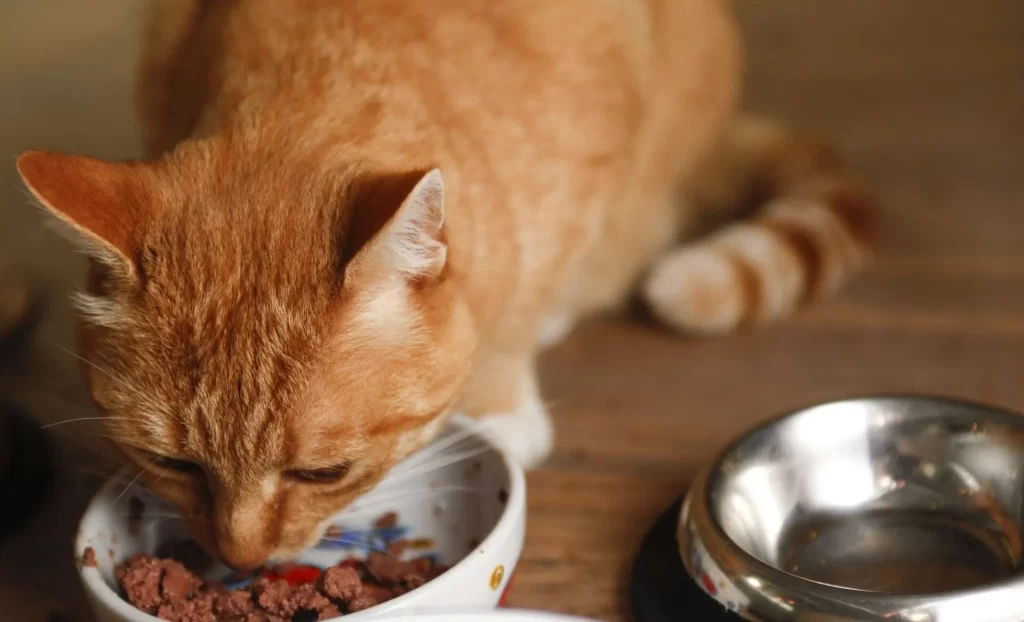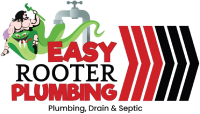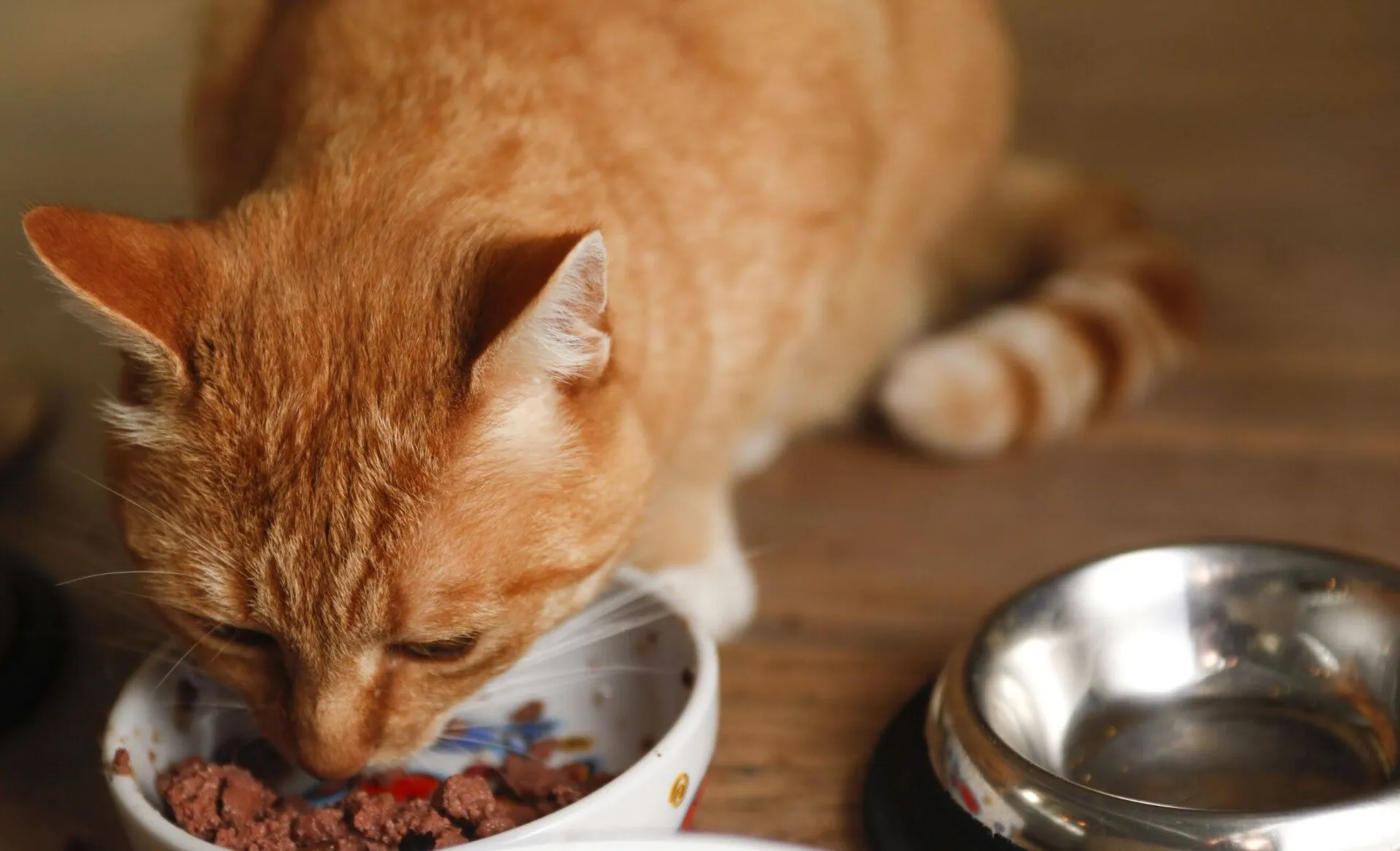
A GUIDE TO PETS AND SEPTIC TANKS
A septic tank is something you want to know works without any major problems. Unfortunately, if you’re a pet owner and animal lover, you may have to take a few extra steps to protect your septic tank from damage. Pets can cause damage in a number of ways, and this damage may not be as direct as you realize.
Follow this guide to properly take care of your pets and septic tank at the same time. A little knowledge will ensure you prevent major problems. This guide will also cover some signs of problems related to pets and the repair options you have.
Pet Waste
Septic systems are made for human waste. Pet waste is a whole different element and should not be considered the same. When a pet goes to the bathroom inside the house, do not flush any of the droppings down the toilet. The droppings may flush, but you will be introducing all different forms of bacteria into the septic tank system.
A septic system relies on bacteria to break down waste and keep the water clean. If you introduce new bacteria, you do not know how the ecosystem of the septic tank will react. Your best option is to bag up the waste and dispose of it in the regular trash.
Cat waste is one of the worst options to flush down the toilet. Cats often use litter boxes, and the litter will solidify cat waste, which could create issues when you flush. Not only can the cat waste get caught up in the pipes, but it could jam up the septic tank entry port as well. Excess litter acts almost as wet cement as it clings to pipes and the sides of a septic tank.
If you’ve flushed cat waste down and now experience plumbing issues, then you need to contact a professional for help. Plumbers Reno will use inspection cameras to find the source of the problem and will force the waste through the system so water properly drains.
Pet Baths
Naturally, we want to keep our pets clean, so a bath for them every now and then is pretty common. Unfortunately, there are many elements of a pet bath that could cause some septic problems. The first is pet hair. Fur and hair can easily go down drains and reach a septic tank. Hair does not break down easily and will build up over time.
Use a drain cover with small openings and the ability to capture hairs within the drain. The more hair you capture at the drainage point, the more you can prevent from reaching the septic tank.
You also need to consider the pet products you use to wash your animal. Pet shampoos may contain harsh chemicals that are not found in traditional shampoos. The chemicals could cause an adverse reaction in your septic tank, especially as suds and dirty water go through the drain.
Read the labels of pet shampoo bottles. If possible, try to bathe your pet outside or somewhere where the suds do not go directly down the drain and into the septic system.
Small Pets
One of the more common clichés for smaller pets like fish is to flush the fish down the toilet when it is dead or no longer wanted. Unfortunately, this widespread process is not good for your septic tank or the surrounding area. Inside your septic tank, a fish may carry bacteria that changes the dynamics of a septic tank. Larger fish could also cause clogs, especially if the fish doesn’t decompose quickly.
If your fish died or was sick, then the fish could carry diseases or parasites. Chances are the fish is not local to the area, especially if it was purchased at a pet store. This means that the diseases carried by the fish could get into the local water system and potentially travel to other fish or wild animals who consume water.
Ideally, you want to avoid pets in any of your plumbing. Place a dead fish inside a sealed plastic bag to properly dispose of the animal in your regular trash. You could also seal the animal in a bag and bury it in the ground.
Outdoor Pets
The drain field is another important part of your septic tank. When water filters out of a septic tank, it is released into the drain field so it can properly break down and absorb into the ground again. If you have larger outdoor pets like dogs, goats, or horses, you want to keep them off the drain fields.
Additionally, constant pressure on the ground above the drain field could result in issues and prevent water from properly draining underneath the ground. The water would rise up and create puddles on your lawn. The contaminated water could create health issues if animals consume the water in any way.
Deter pets from the drain field area, especially any pets who like to dig. Digging up the drain field could result in damage to pipes or the septic tank. Put up barriers or fences if needed. A septic tank specialist can also help you map out the drain field area so you know the exact spots to avoid.
For more information on septic tank repairs and maintenance, contact us at Easy Rooter Plumbing. We will help you with all your septic needs.

